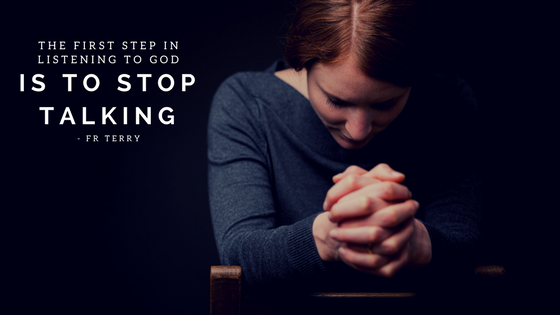 I have many strong convictions. I hope that you have picked up on and appreciated my strongest beliefs during my almost eight years with you. I am passionate about my convictions and I hope that comes through, particularly in my preaching. I love to share my convictions with you. My strongest convictions all have to do with God and primarily our relationship with God expressed through things like scripture, popular music, our work, our passions and the shared journey that includes so many of you.
I have many strong convictions. I hope that you have picked up on and appreciated my strongest beliefs during my almost eight years with you. I am passionate about my convictions and I hope that comes through, particularly in my preaching. I love to share my convictions with you. My strongest convictions all have to do with God and primarily our relationship with God expressed through things like scripture, popular music, our work, our passions and the shared journey that includes so many of you.
Perhaps my greatest conviction is that God calls us! – each and every one of us – and God calls us many times throughout our life. Sacramental moments are instruments of God’s call and these moments are not confined to the moments spelled with a capital “S” as in the seven Sacraments of our Church, but they are the sacred moments of insight, awareness, awakening, stirring and other connections that we make along life’s highways, byways, trails and other paths that we traverse.
Ritual can be so important in many aspects of our life including how we respond to God’s call, and so the Sacrament of Baptism is a moment that helps us to ritualize the beginning of our response to God’s call. It also unifies us and underscores that we are ALL called by God and that the community of the church is instrumental in helping us to respond to God’s constant call. God is more persistent than we can ever imagine.
However, this week’s scriptures, and the word we have chosen to focus on in our font this week, give us a basic and foundational element into God’s unfolding call for each of us.
In our first reading from Genesis, God calls Abram to go forth to the land of his father’s house, a land that he will show, and God will make him, his name, and his nation great and will bless him, and in doing so will make Abram a blessing to others.
In our second reading from Paul to Timothy we are reminded that God calls us, “…not according to our works but according to his own design.” In the gospel from Matthew, following the curious physical Transfiguration of Jesus, God himself addresses the selected disciples at the scene saying to them of his beloved son Jesus, “…LISTEN to him.”
That is our word. That is the foundation of our call, that is what will lead us to reNEW this Lent and this year. The word is LISTEN. We first must listen to God and trust that the call that we receive from God is primarily his initiative. But how do we really listen to God? What does it mean to listen to God?
We can listen to God the way we listen to each other. The first step is to stop talking. In my experience of using silence in prayer, I have had many people question me about technique and procedure, particularly in extended silent and silent directed retreats. One of the first things I share with people is this statement: it is amazing how God can speak to us when we shut up.
Authentic listening to God in prayer is similar to authentic listening to another person. If we stop, take a moment to focus and be aware of the other person, and really be present to them and be truly open to them, we are well on our way to listening to what they have to say.
Abram listens to God and it leads to greatness. Paul tells us that listening launches us into “Gods own design,” and God’s own voice urges us to listen to Jesus, which means listening to God. Listening to God involves reviewing our experiences regularly, even daily, and paying attention to what jumps out at us. Listening to God means paying attention to our feelings associated with events of our lives and regularly asking, “What is God saying to me in these events and experiences?”
Jesuit spirituality encourages us to do this every night. Give it a try. Take a few moments of silence each night and simply review your day. Certain experiences will catch our attention. Stay with the experience – listen to what God is saying to you through the experience and your feelings about it.
We can also listen to God intently through scripture. Once again, quiet yourself (finding a quiet place might be the biggest challenge), then read the passage and pay attention to how it impacts you. Pay attention to what jumps out at you, then stay with it and use the silence to focus on it. You may be surprised where your reflection takes you.
We can often hear God as we sort out the experiences, particularly the significant ones, reflecting on what they mean to us, and asking ourselves what meaning they have for us and how God is urging us to use the talents he has given to us to make the world a better place.
Listening to God also requires some patience. Our response to God’s call, particularly in the most significant career decisions, often takes time. So listening to God can also be a spiritual exercise that takes months, and even years.
God is calling you as you listen. Take the time to pay attention.